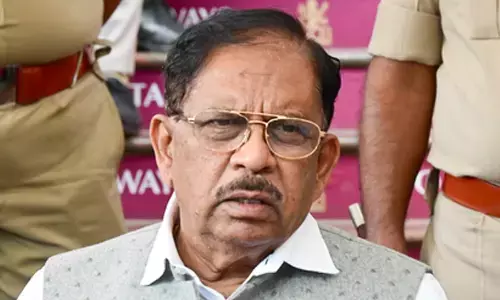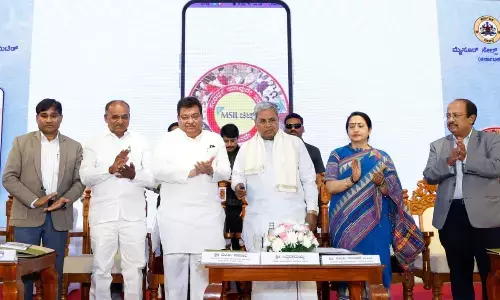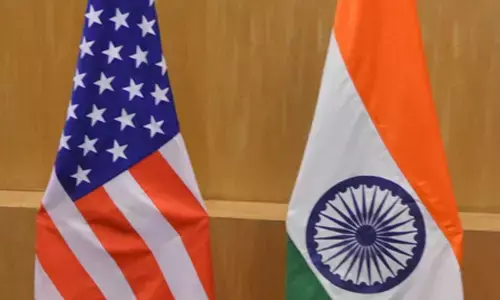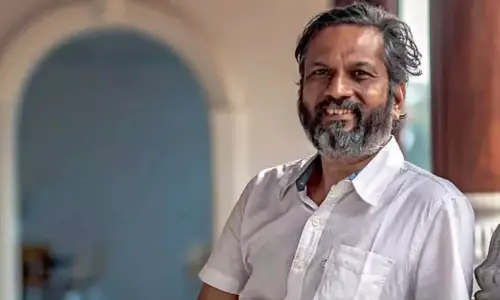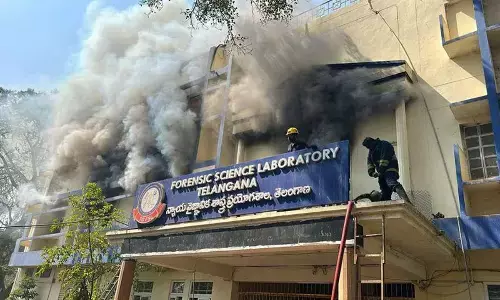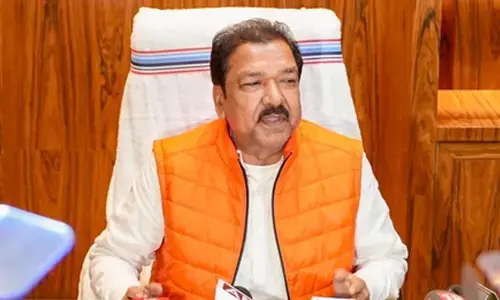Covid vaccine allocation now based on some criteria: Government
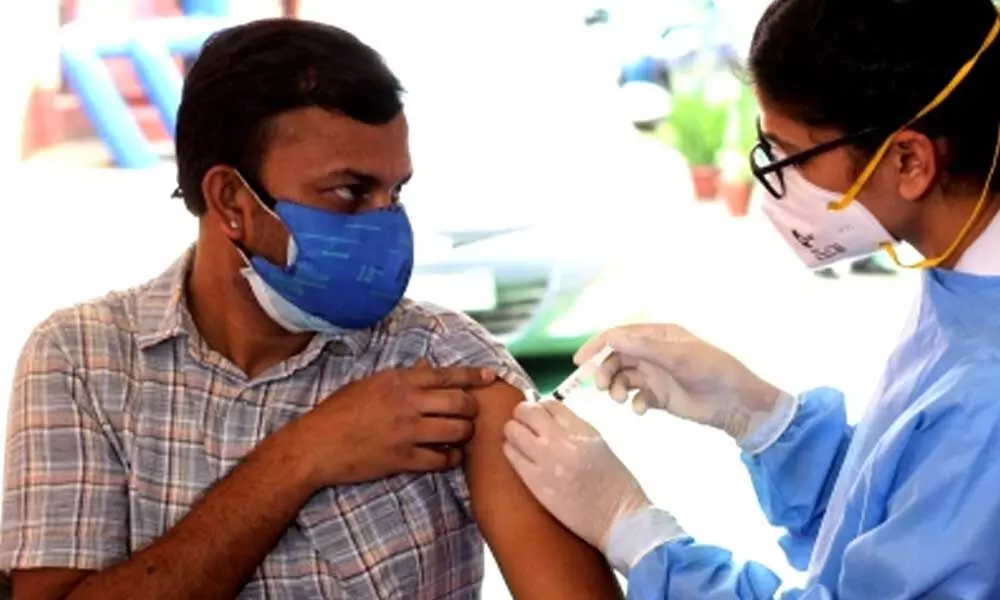
Covid vaccine allocation now based on some criteria: Government (Photo/IANS)
From Tuesday onwards, Covid-19 vaccine doses provided free of cost by the Central government to states and the Union Territories (UTs) will be allocated based on criteria such as population, disease burden and the progress of vaccination.
New Delhi: From Tuesday onwards, Covid-19 vaccine doses provided free of cost by the Central government to states and the Union Territories (UTs) will be allocated based on criteria such as population, disease burden and the progress of vaccination.
These elements were included in the fresh guidelines for implementation of National Covid vaccination programme. The revised guidelines will come into effect from June 21 this year and will be reviewed from time to time.
In the guidelines issued by the Ministry of Health and Family Welfare (MoHFW) on Thursday, it is clarified that "wastage of vaccine will affect the allocation negatively".
However, it is stressed that vaccination will be prioritized to Health Care Workers, Front Line Workers, citizens more than 45 years of age, citizens whose second dose has become due and citizens 18 years and above.
Within the population group of citizens more than 18 years of age, the guidelines mentioned, states and the UTs may decide their own prioritization factoring in the vaccine supply schedule.
The new guidelines came a day after Prime Minister Narendra Modi declared free vaccines to all aged above 18 years of age from June 21 with Centre providing free vaccine doses to all states and UTs.
Among the main pointers of the guidelines, it is mentioned that the government of India will procure 75 per cent of the vaccines being produced by the manufacturers in the country.
The vaccines procured will continue to be provided free of cost to states and the UTs as has been the case from the commencement of the national vaccination programme. These doses will be administered by the states and the UTs free of cost to all citizens as per priority through government vaccination centres.
The Central government will provide states and UTs advance information of vaccine doses to be supplied to them, said the guideline, adding "states or UTs should similarly, further allocate doses well in advance to districts and vaccination centres".
"They should also put in the public domain the information about the above availability at district and vaccination centre level, and widely disseminate it among the local population, maximizing the visibility and convenience of citizens."
In order to incentivize production by vaccine manufacturers and encourage new vaccines, domestic vaccine manufacturers are given the option to also provide vaccines directly to private hospitals.
"This would be restricted to 25 per cent of their monthly production. States and UTs would aggregate the demand of private hospitals keeping in view equitable distribution between large and small private hospitals and regional balance."
Based on this aggregated demand, the Central government will facilitate supply of these vaccines to the private hospitals and their payment through the National Health Authority's electronic platform.
This would enable the smaller and remoter private hospitals to obtain timely supply of vaccines, and further equitable access and regional balance.
The price of vaccine doses for private hospitals would be declared by each vaccine manufacturer, and any subsequent changes would be notified in advance, said the guidelines.
"The private hospitals may charge up to a maximum of Rs 150 per dose as service charges and state governments may monitor the price being so charged."
All citizens irrespective of their income status are entitled to free vaccination. Those who have the ability to pay are encouraged to use private hospital's vaccination centres.
To promote the spirit of "Lok Kalyan", use of non-transferable Electronic Vouchers which can be redeemed at private vaccination centres, will be encouraged. This would enable people to financially support vaccination of Economically Weaker Sections at private vaccination centres.
The CoWIN platform provides every citizen the facility of conveniently and safely pre-booking vaccination appointments. All government and private vaccination centres would also provide onsite registration facility, available both for individuals as well as groups of individuals, for which detailed procedure is to be finalized and published by states and UTs, in order to minimize any inconvenience to citizens.
The states may also optimally utilize the Common Service Centres and Call Centres to facilitate prior booking by the citizens.
As per the Central government, the revised programme provides states and UTs with additional Central government support across funding, procurement and logistics. It also facilitates scientific prioritization, wider access, harnessing of private sector capacity and flexibility at the state and local level.
The changes were done gaining experiences from the guideline issued on May 1 this year. The vaccination guidelines are being changed time to time by the government as per the need since India began the world's largest vaccination drive on January 16 this year.








